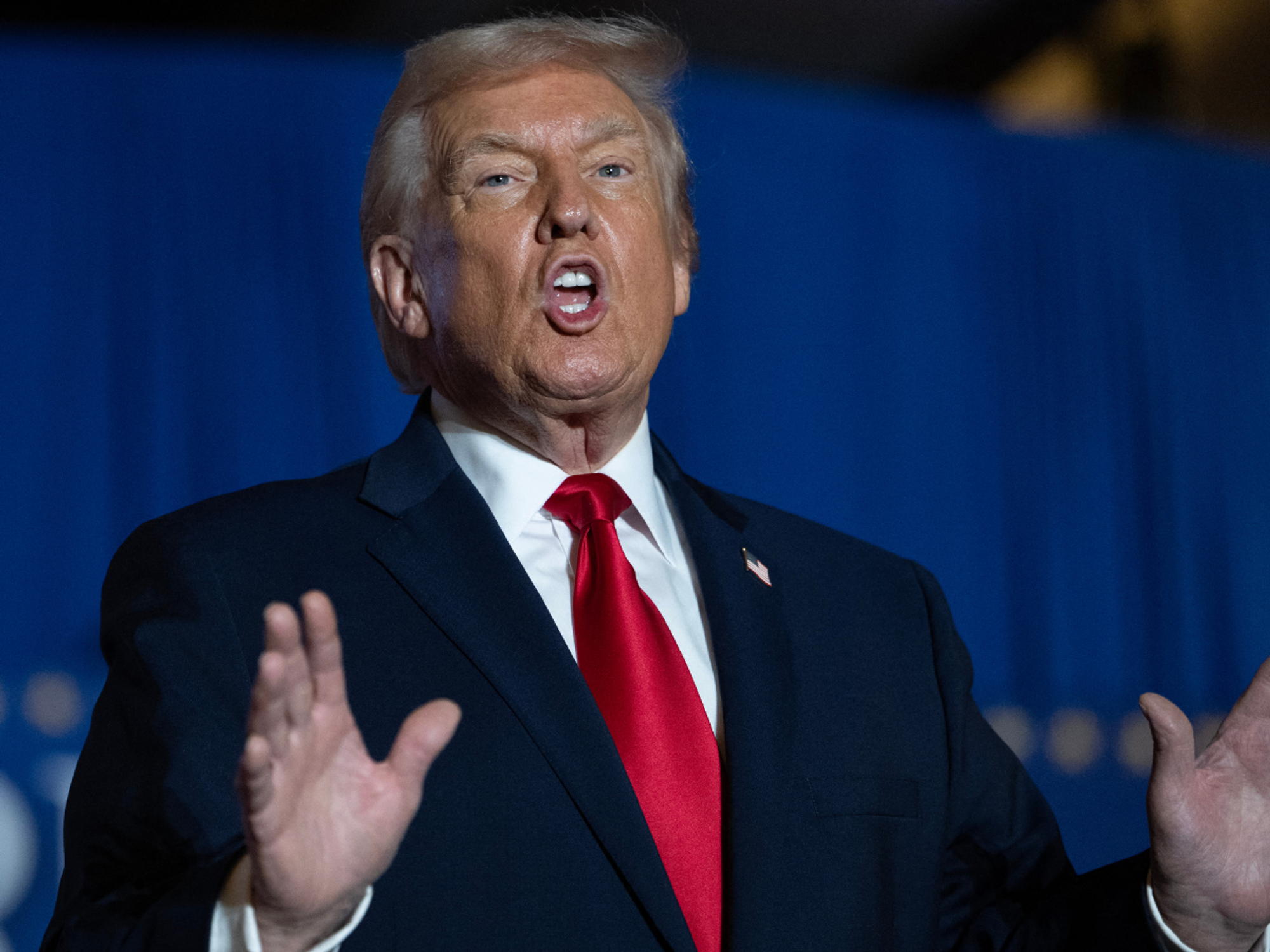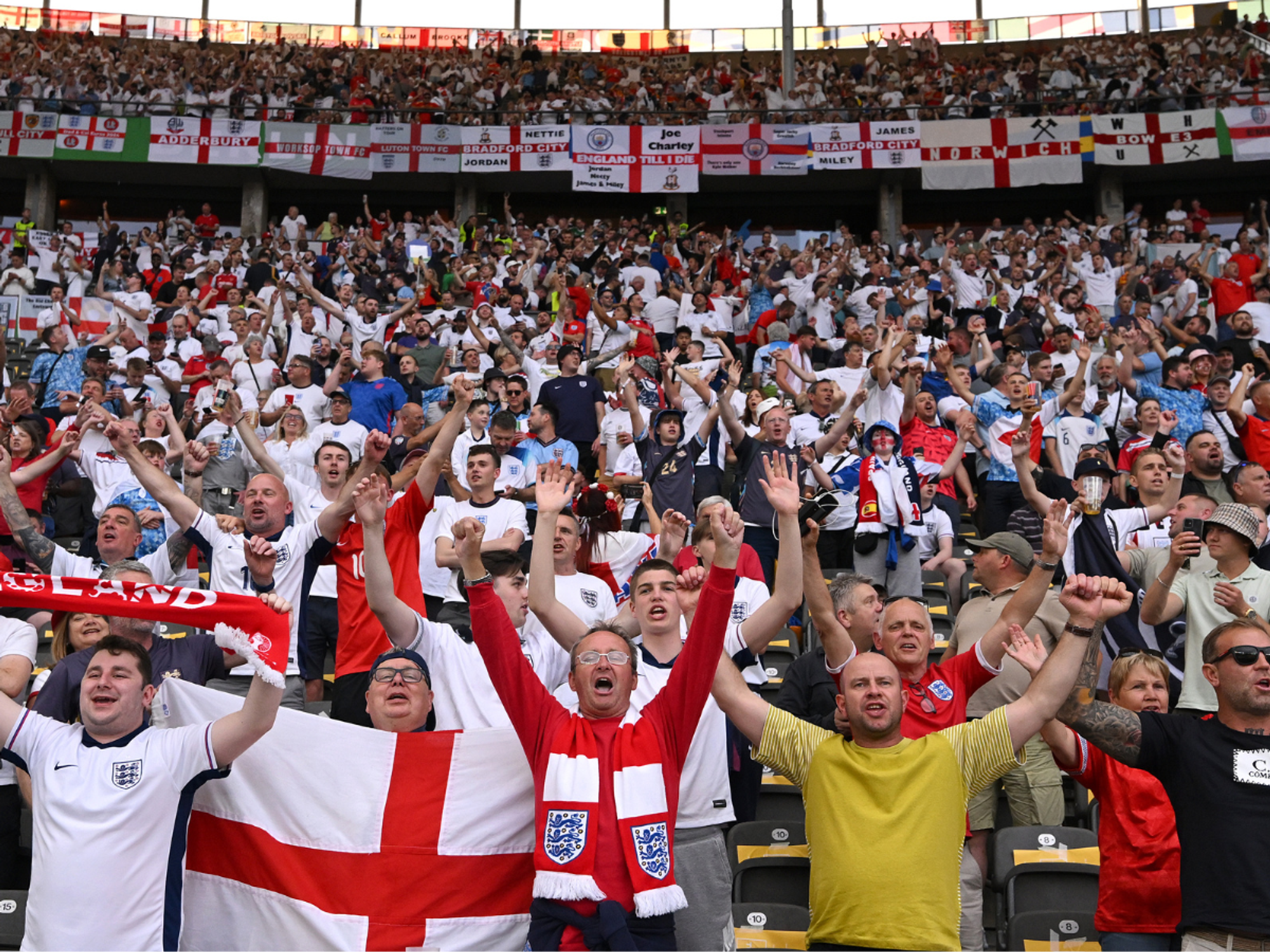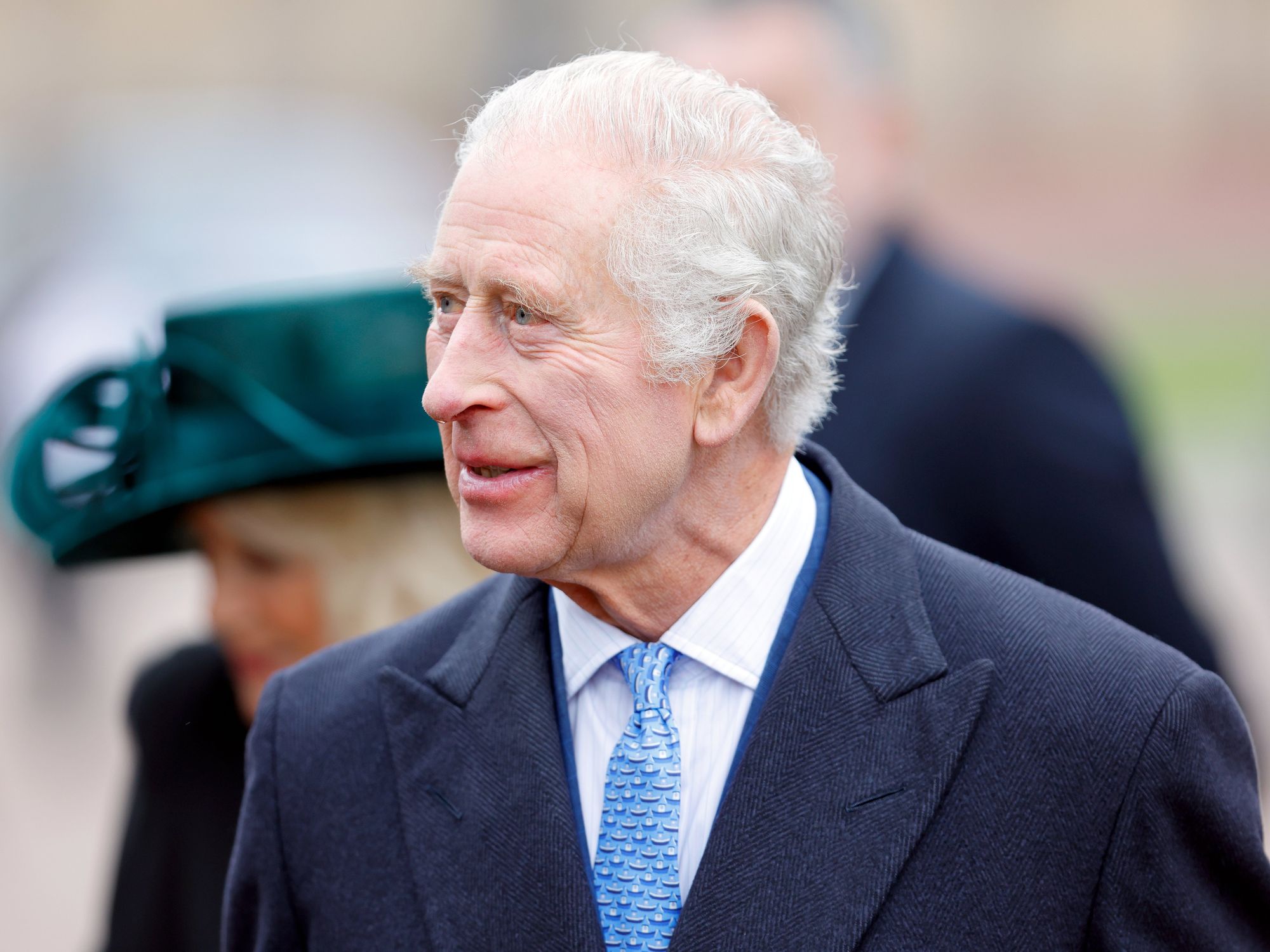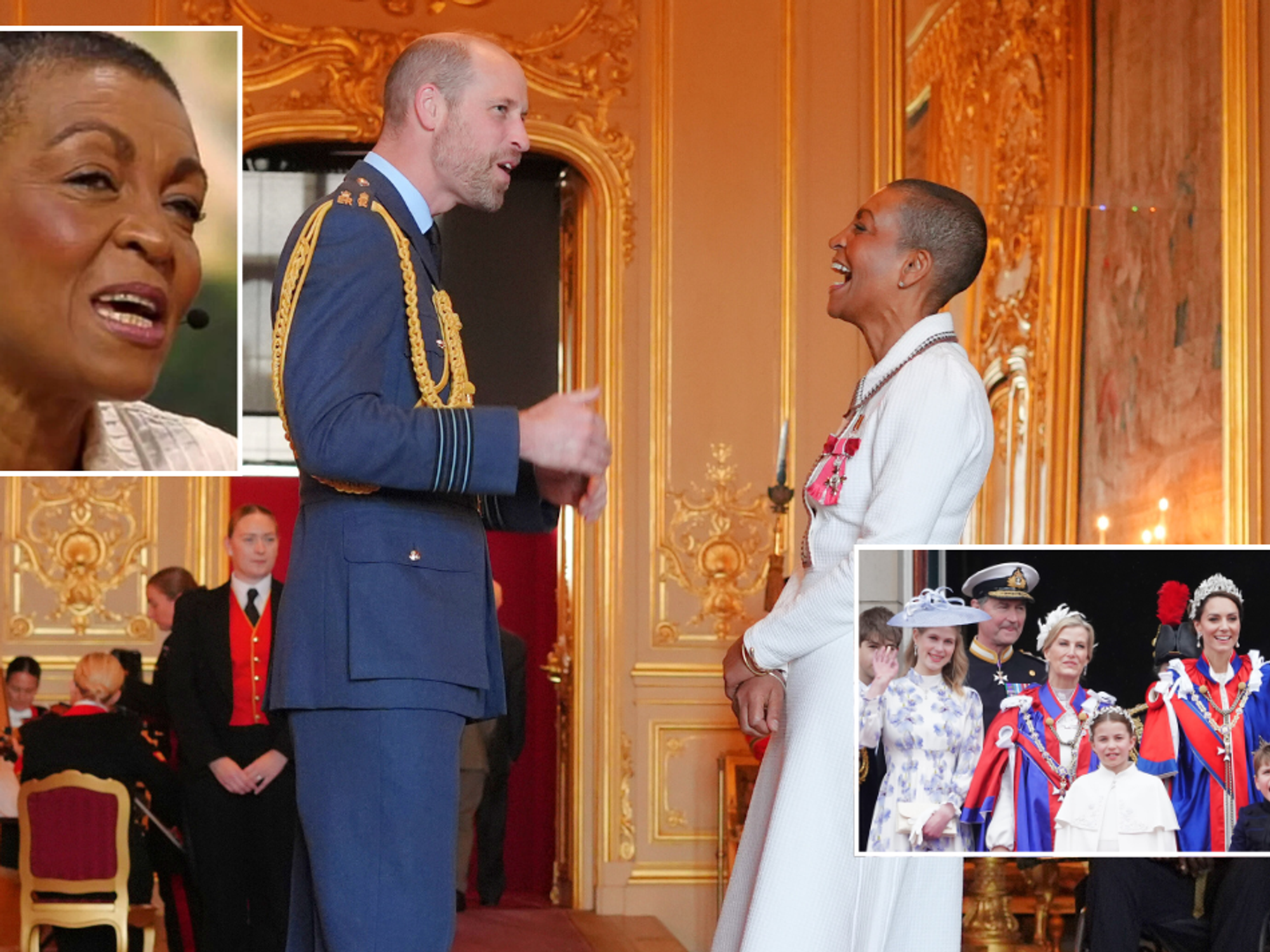Alastair Stewart: Clash between EU and Poland has deteriorated from war of words to near crisis
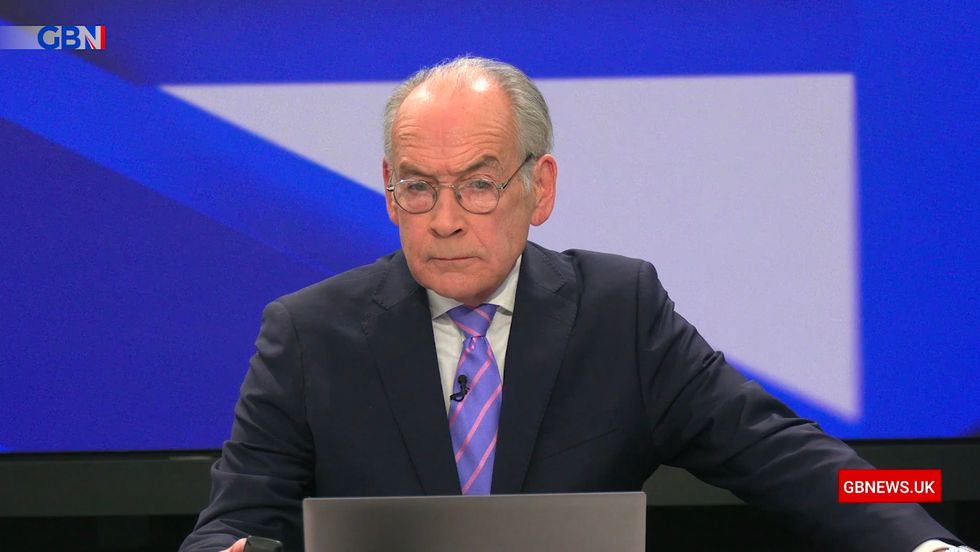
None

By Alastair Stewart
Published: 22/10/2021
- 21:00Updated: 29/03/2023
- 12:31European Commission President Ursula Von Der Leyen said the situation had to be resolved
Don't Miss
Most Read
Latest
A clash between the EU and Poland over judicial supremacy has deteriorated from a war of words to a near existential crisis. A ruling by Poland’s top court rejected key parts of EU law.
The European Commission President Ursula Von Der Leyen said the situation had to be resolved, but she was adamant:
"This ruling calls into question the foundations of the European Union. It is a direct challenge to the unity of the European legal order.”
Polish PM Mateusz Morawiecki rejected what he called "the language of threats" and accused the EU of overstepping its powers.
I’m as old as the roots of this story…and it starts here, in the UK.
In the year of my birth, 1952, the UK declined to join a European Coal & Steel Community.
In 1957 is wasn’t party to the Treaty of Rome, the EEC charter that enshrined the free mobility of goods, labour and capital.Odd because superficially, it was all about trade and commerce - which we loved.
But politically, even philosophically, it was really about post-war peace and an ever closer union of fractious nations. The Axis allies, Germany & Italy, binding together, with their 1939/45 adversaries - France, Belgium, the Netherlands and neutral, but invaded, Luxembourg. Of that, we were less sure.
The Conservative Harold Macmillan changed heart in the late 1950s and, in 1963, we asked to join the EEC. Via various rebuffs, including De Gaulle’s infamous & histrionic ‘Non!’, we got there and, in 1972 we finally joined.
Ted Heath, now Prime Minister but with his finger prints all over the negotiations and the Treaty, said no further integration would take place “except with the full-hearted consent of the Parliaments and peoples of the new member countries”.
It remained a divisive matter and Labour’s Harold Wilson sought to settle the matter with the referendum of 1975. He won and we remained members of the EEC. That was the last time we were asked about the matter until 2016.
But what we voted to leave in 2016 had become very different to what we joined and voted to stay in in the 1970s. That ever closer union had slowly but surely emerged from the trade bloc simplicity of the EEC.
Economic converge, a single currency, a foreign policy, a common immigration policy, aspirations to an army, a parliament and courts - and, of course, a flag and anthem. To many in the UK, what we wanted in 1975 had become almost secondary to what the founding fathers had wanted in the 1950s & 60s. A trade bloc that had, in all but name, become a nation.That’s essentially, though not exclusively, why we voted to leave in 2016.
Now, the weakness in Poland’s case is that they knew all that when, along with other sovereign states that were licking their wounds from decades of Soviet subjugation, they leapt at the chance to join a great big single market after the fall of communism in the 1990s.
They joined in 2004 and I’m sure they read the small print, especially about the supremacy of the EU courts; but, hey, the trade and economic goodies were too good. Now they’re not too sure.And they are not alone. Twitches in the Netherlands, significant chin scratching in France where even chief negotiator Michel Barnier, who fancies a shot at the Presidency, says: “We must address the questions the British asked of the EU in Brexit”.
Even more surprising than Barnier is Germany’s Angela Merkel. After all those years in office, Frau Merkel finally gets it - or has the guts to finally say it - as she prepares to leave office.
“It’s the question of how the individual members envision the EU,” she said.
“Is it an ever closer union or is it more nation state? And this is certainly not only an issue between Poland a...“Is it an ever closer union or is it more nation state? And this is certainly not only an issue between Poland and the EU, but also in other member states.”
So, is it a time when nations must once again decide if they want an ever closer union, eventually a fully fledged state in its own right - or resort to traditional nation statehood?
It’s the million euro question, as it always has been - as David Cameron told her it was in 2016. Odd, even ironic, it’s taken the Poles to make her see sense or to speak her mind…





